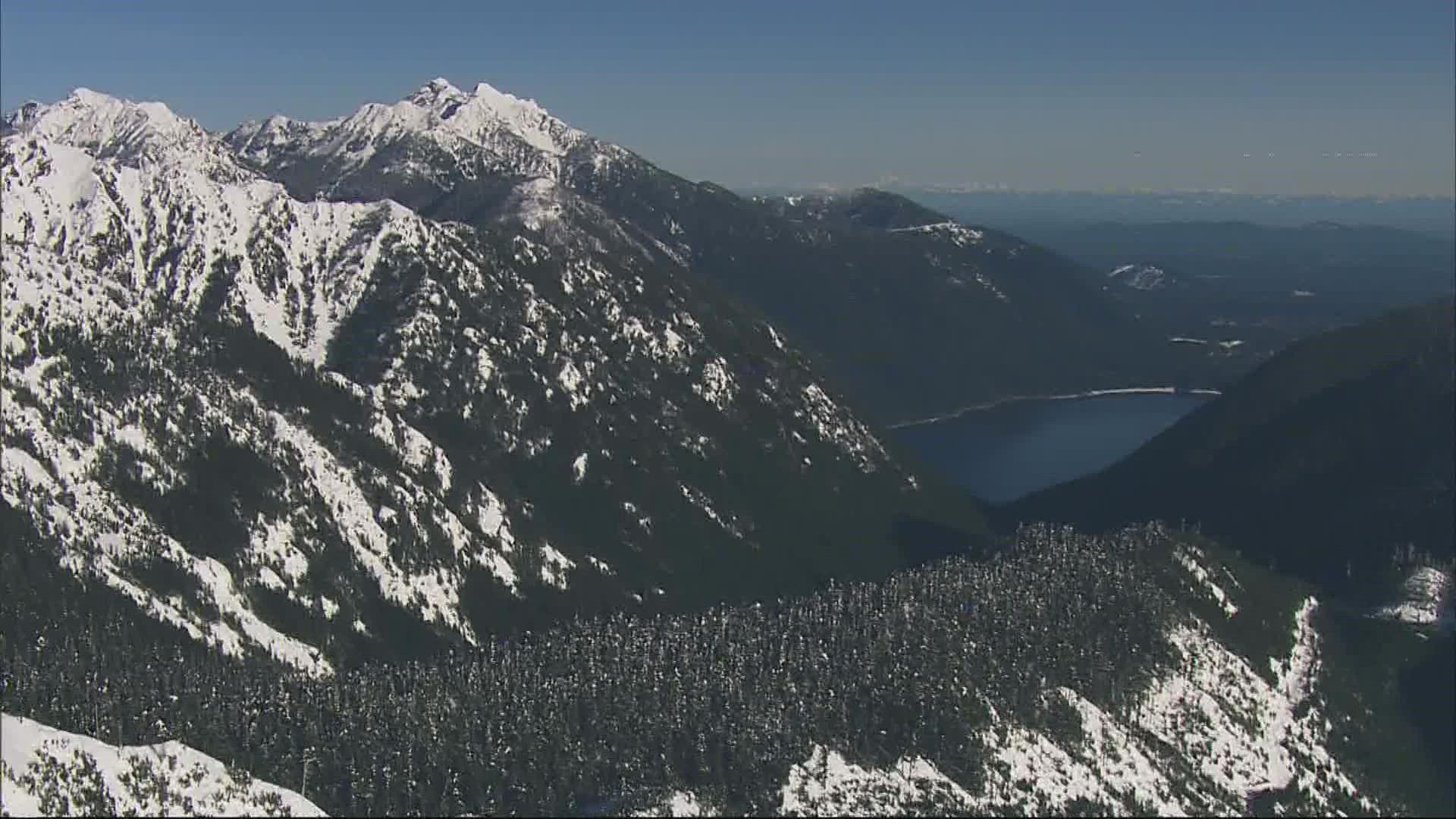PORTLAND, Ore — Here’s something that will catch your attention — in the next 50 years, many of the glaciers in Washington’s Olympic Peninsula will disappear. That’s according to Andrew Fountain, a professor at Portland State University who was behind a new study published in the Journal of Geophysical Research: Earth Surface.
There are two things behind the glacial melt: our warming climate and where the Olympic Mountains are positioned here in the Northwest.
Fountain teaches geology and geography at Portland State University. He says that by 2070, the glaciers that are so critical to our ecosystem will be gone. He even admitted he was a little surprised how quickly the glaciers are fading away.
“That surprised me as well — I knew they would be shrinking, but I didn’t think they would be disappearing like that,” said Fountain.
Fountain said there’s a reason why his team of researchers are expecting to see them melt away so quickly.
“Those glaciers on the Olympics are the most vulnerable because they are low in elevation and closest to the ocean. So if anyone is going to go quickly, it’s those guys,” Fountain said.
The Olympic Mountains stand about five to six thousand feet tall, much lower then the high peaks in the Cascades that can stretch to more than 14 thousand feet.
According to researchers, it’s not just the warming temperatures we’re experiencing that play a role — our winters are a big part too. Fountain said that winters have been arriving later in recent years and they disappear sooner, so we have thinner snow packs, and thinner snow packs aren’t good for glaciers.
Right now there are about 250 glaciers in the Olympics. According to Fountain, if we make changes now there could be some hope.
“If we back off a little bit the glaciers will last a little longer, maybe to 2100 but we really need to reduce carbon dioxide and other greenhouse gases,” said Fountain.

